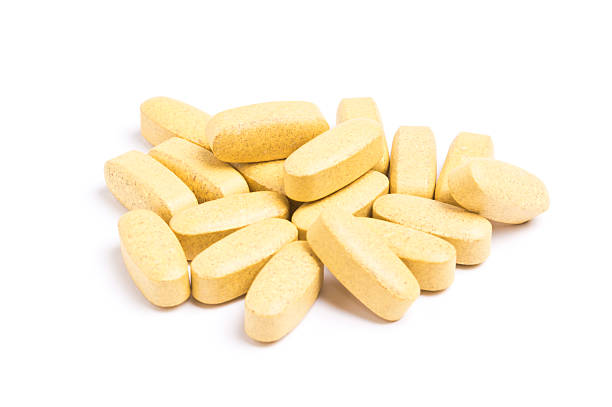
Many people take a zinc supplement at the first sign of a cold, and there's new evidence supporting the habit.
Australian researchers found that the supplements appear to help shorten respiratory tract infections, such as colds, flu, sinusitis and pneumonia.
Many over-the-counter cold and cough remedies offer only "marginal benefits," the researchers note, making "zinc a viable 'natural' alternative for the self-management of non-specific [respiratory tract infections]."
RELATED: 5 Natural Remedies for Restless Cough
How does zinc help?
According to Jennifer Hunter, associate professor at the NICM Health Research Institute at Western Sydney University in Penrith, New South Wales and her team, zinc as a nutrient has gained attention from researchers because it's known to play an important role in immunity, inflammation, tissue injury, blood pressure and in tissue responses to any lack of oxygen.
The zinc was taken in the following ways with doses varying substantially, depending on the formulation and whether zinc was used for prevention or treatment:
- Lozenges
- Nasal sprays
- Gels
RELATED: 12 Mucus-Triggering Foods You Should Avoid This Season
Which form of zinc works best?
Compared with placebo, zinc lozenges or nasal spray were estimated to prevent about five new respiratory tract infections in 100 people per month, and the effects were strongest for reducing the risk of more severe symptoms, such as fever and flu-like illness. However, these findings are based on only three studies, the team notes.
On average, symptoms cleared up two days earlier with the use of either a zinc spray or liquid formulation taken under the
tongue (sublingual), compared with a placebo, the data shows.
Patients who used nasal spray or sublingual zinc were nearly twice as likely to recover during the first week of illness as those who used a placebo, the study authors noted in a journal news release. And 19 more patients out of every 100 were likely to still have symptoms a week later if they didn't use zinc supplements.
Zinc was not associated with reduced average daily symptom severity, but it was associated with a clinically significant reduction in symptom severity on the third day of illness, Hunter's team found.
No serious side effects were reported among zinc users.
RELATED: 6 Medicine Cabinet Essentials You Need Now
Should you take zinc?
All in all, zinc may be offered as a treatment option by doctors to patients "who are desperate for faster recovery times and might be seeking an unnecessary antibiotic prescription," the researchers suggest.
Dr. Len Horovitz, a pulmonologist at Lenox Hill Hospital in New York City, agrees that "most clinical evidence supports the use of zinc supplement for prevention and treatment of colds, some inflammatory processes, and respiratory infections."
RELATED: 4 Immune-Boosting Foods To Prepare For Cold Season
"The usual recommendation is 25 mg of zinc daily," Horovitz says, but he cautioned that "it is unclear exactly what dose is best."
The Australian team agrees. "Clinicians and consumers need to be aware that considerable uncertainty remains regarding the clinical efficacy of different zinc formulations, doses and administration routes," they conclude.








